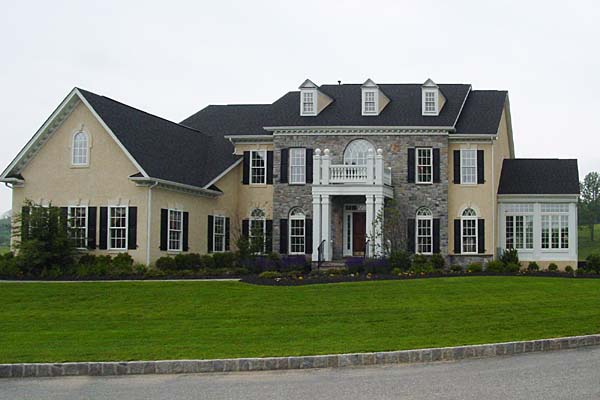HORIZONTAL PROPERTY ACT
In real estate, the Horizontal Property Act is the name, in some states, for legislation authorizing the creation of the condominium form of ownership.
Before 1960, no such legislation existed, while today every state has some form of condominium legislation.
The Horizontal Property Act is a statute dealing with cooperatives and condominiums. Each state has specific laws on horizontal property. A horizontal property regime is established when a developer, the sole owner, or the co-owners of one or more buildings record a master deed or lease, which includes the particulars enumerated in the act.
The act defines various terms related to horizontal property, such as “apartment,” “condominium,” “co-owner,” and “council of co-owners”. It also outlines the rights and responsibilities of co-owners, including their right to share in the common areas of the property and their obligation to pay their share of the common expenses.
In summary, the Horizontal Property Act is the name, in some states, for legislation authorizing the creation of the condominium form of ownership. Before 1960, no such legislation existed, while today every state has some form of condominium legislation. The act defines various terms related to horizontal property and outlines the rights and responsibilities of co-owners.
MORE REAL ESTATE TERMS
A, B, C, D, E, F, G, H, I, J, K, L, M, N, O, P, Q, R, S, T, U, V, W, X, Y, Z
Featured New Home

Featured Mortgage Brokers
- PRIMARY RESIDENTIAL MORTGAGE INC, MIAMI, FL
7300 N KENDALL DR STE 340
MIAMI, FL 33156 - FIRST PRIORITY FINANCIAL INC, ROSEVILLE, CA
1050 OPPORTUNITY DR STE 145
ROSEVILLE, CA 95678 - SYNOVUS MORTGAGE CORP, ROSWELL, GA
10446 ALPHARETTA ST
ROSWELL, GA 30075 - KENTUCKY HOUSING CORPORATION, FRANKFORT, KY
1231 LOUISVILLE RD
FRANKFORT, KY 40601 - NEW DAY FINANCIAL LLC, FULTON, MD
8171 MAPLE LAWN BLVD STE 300
FULTON, MD 20759